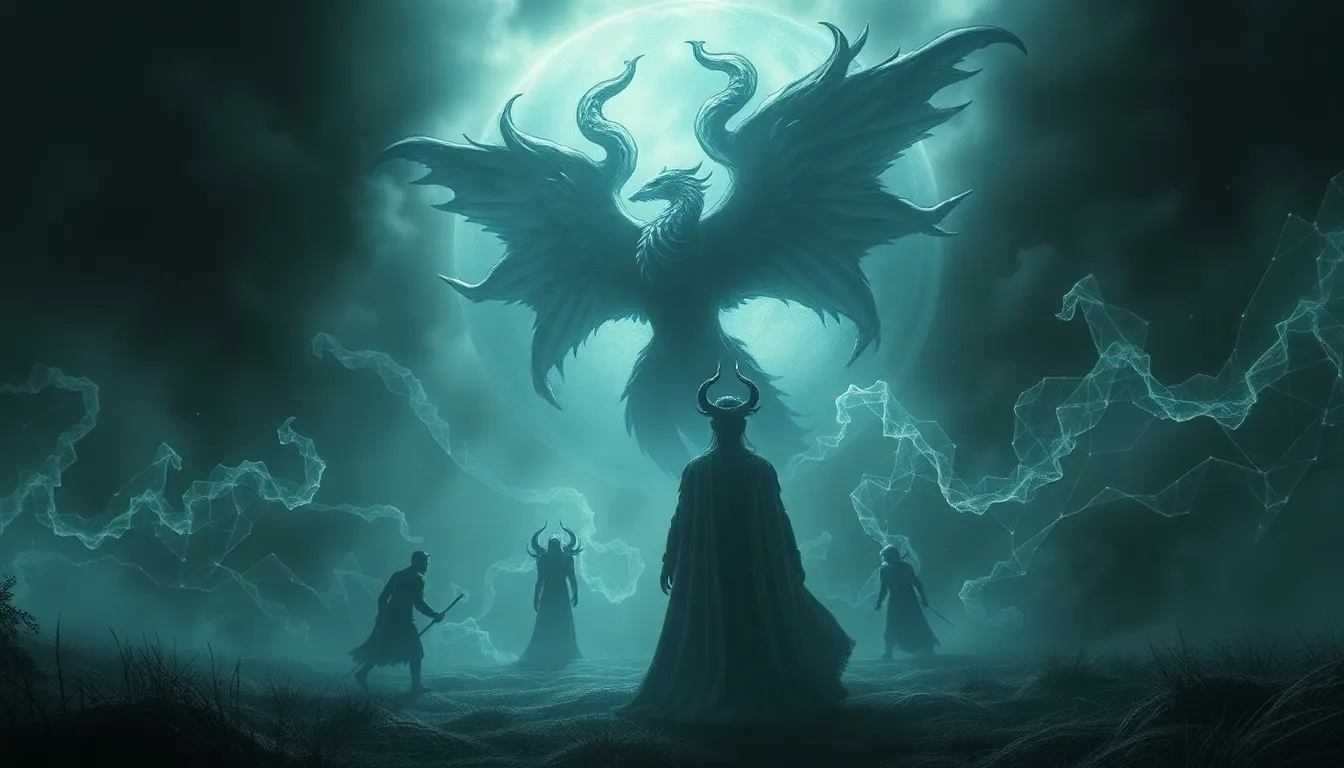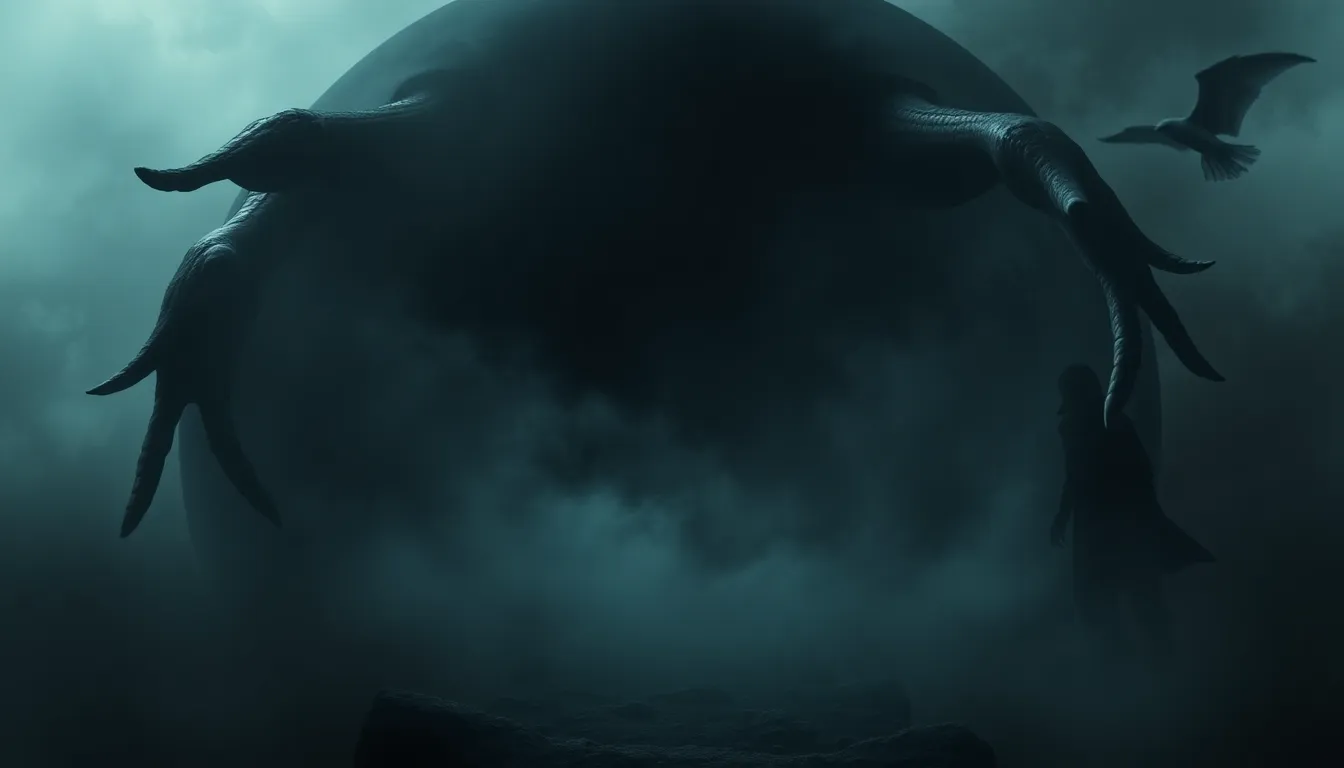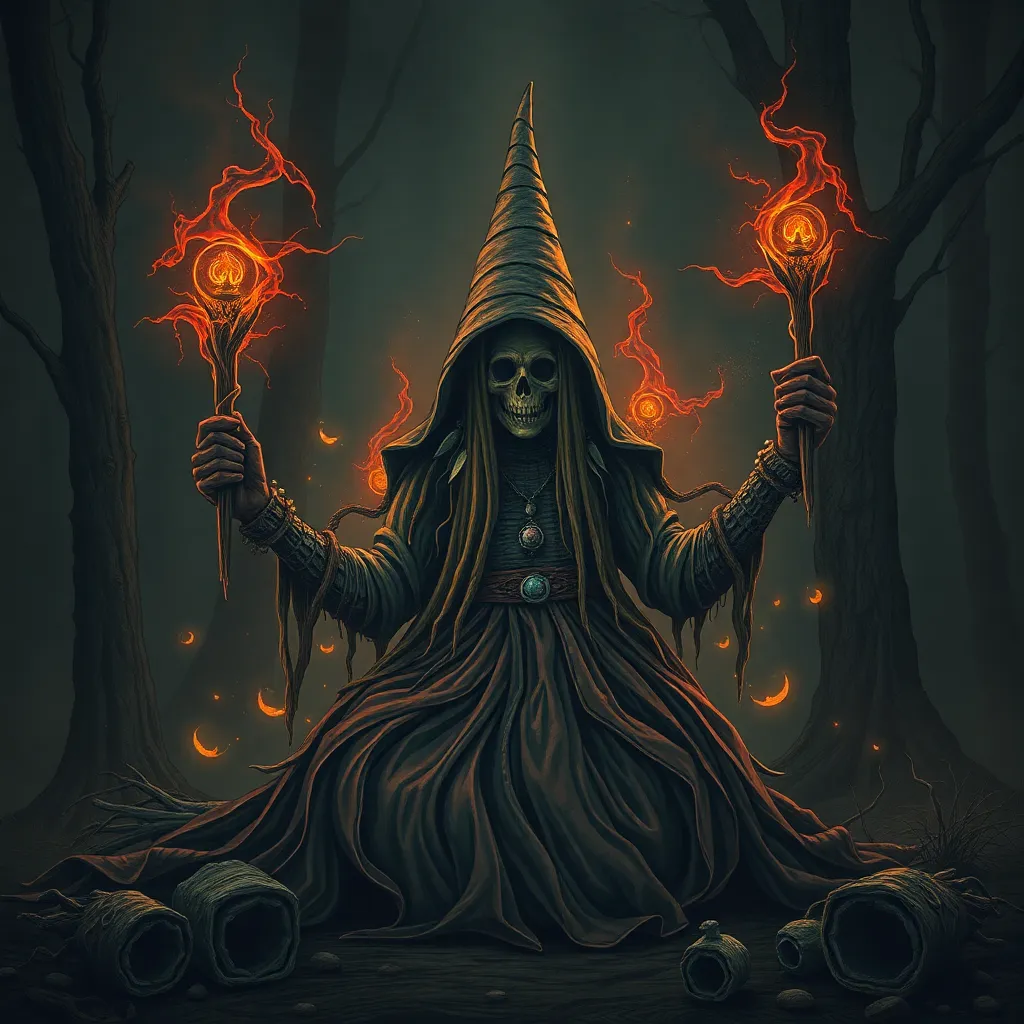Moral Myths and the Nature of Fear: Lessons from Legends
I. Introduction
Moral myths are narratives that embody cultural values and ethical lessons, serving as guiding principles within societies. They often illustrate the struggles between good and evil, right and wrong, and shape our understanding of morality. These myths are significant as they preserve the wisdom of our ancestors and inform our behavior.
Fear, on the other hand, is a universal human experience—an emotion that transcends cultures and time. It acts as a protective mechanism, alerting us to danger and prompting us to react. This article explores how various legends illustrate the interplay between moral myths and fear, revealing valuable lessons for contemporary life.
II. Understanding Moral Myths
Moral myths can be defined as traditional stories that convey moral lessons and reflect the values of a culture. They often feature archetypal characters and scenarios that illustrate ethical dilemmas and resolutions.
- Characteristics of Moral Myths:
- Symbolic representation of values
- Transmission of cultural norms
- Emotional engagement through storytelling
Moral myths play a crucial role in shaping societal values. They provide frameworks for understanding right and wrong, encouraging individuals to adhere to cultural standards. Some examples of moral myths from various cultures include:
- The story of King Solomon and the two mothers
- The fables of Aesop
- The Hindu epic Ramayana
III. The Nature of Fear
Fear is a complex emotion with both psychological and physiological aspects. Psychologically, it can manifest as anxiety or dread, while physiologically, it triggers a fight-or-flight response, releasing adrenaline and increasing heart rate.
Fear can be categorized into two main types:
- Rational fears: These are based on real threats and encourage protective behaviors.
- Irrational fears: These fears are often unfounded and can lead to anxiety disorders.
From an evolutionary perspective, fear is essential for human survival. It compels us to avoid danger and seek safety, thus ensuring the continuation of our species.
IV. Legends as Cultural Narratives
Legends serve as powerful cultural narratives that encapsulate the beliefs and values of a society. They often convey common themes such as morality, heroism, and the human condition. Through storytelling, legends provide insight into the human experience and serve as moral compasses that guide societal behavior.
These legends often reflect the values of the time, illustrating how societies view justice, honor, and virtue.
V. Fear in Legends: A Tool for Moral Instruction
Many legendary figures embody the relationship between fear and morality. For instance, the hero’s journey often involves facing and overcoming fear, which leads to personal growth and moral fortitude.
On the other hand, villains in these tales evoke fear and represent moral failings. They serve as cautionary figures, illustrating the consequences of unethical behavior.
- The didactic function of fear:
- Fear encourages moral reflection
- It highlights the stakes of ethical choices
- It fosters resilience and courage in the face of adversity
VI. Analyzing Specific Legends and Their Moral Messages
Several legends exemplify the intricate relationship between fear and moral lessons:
- The tale of Medusa: This story illustrates the fear of the unknown and the consequences of moral transgression. Medusa’s transformation into a monster serves as a warning against hubris and the violation of sacred boundaries.
- The story of Beowulf: Beowulf’s courage in facing the fearsome Grendel highlights the importance of honor and bravery in overcoming challenges. His journey epitomizes the hero’s struggle against fear for the greater good.
- The myth of Pandora: Pandora’s curiosity leads to the unleashing of chaos in the world, symbolizing the fear of knowledge and the moral implications of human curiosity. This myth serves as a reminder of the responsibilities that come with enlightenment.
VII. The Connection Between Fear and Moral Development
Fear plays a significant role in moral decision-making. It can influence our choices, encouraging us to act ethically or, conversely, to succumb to selfish impulses. Fear can also foster empathy and compassion, as experiencing fear often leads individuals to understand the struggles of others.
Moreover, fear can be a catalyst for personal and societal growth. When faced with fear, individuals have the opportunity to confront their limitations, leading to greater resilience and moral fortitude.
VIII. Contemporary Reflections of Moral Myths and Fear
In modern media and literature, traditional legends are often adapted to reflect contemporary values and fears. These adaptations offer insights into current societal issues, demonstrating how moral myths remain relevant.
Fear continues to play a significant role in contemporary moral dilemmas, influencing public perception and behavior regarding issues such as climate change, social justice, and health crises.
IX. Lessons Learned from Legends: Applying Insights to Modern Life
The moral lessons conveyed through legends can be practically applied in everyday life. Here are some strategies for engaging with fear and moral challenges:
- Reflect on personal fears and their roots.
- Embrace moral dilemmas as opportunities for growth.
- Seek guidance from moral myths to navigate ethical choices.
Encouraging a balanced perspective on fear and morality can lead to healthier decision-making and deeper understanding of oneself and others.
X. Conclusion
Moral myths and fear are intertwined elements of the human experience that provide valuable lessons through the lens of legends. By exploring these narratives, we gain insight into the complexities of morality and the role of fear in shaping our actions. As we navigate the challenges of modern life, the wisdom embedded in legends can guide us toward a more ethical and compassionate existence.



